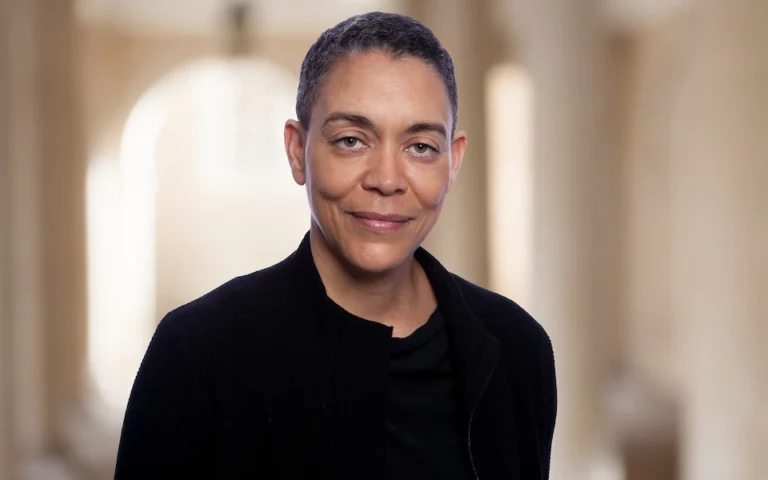News of a terrific FSU success at the University of Bristol broke over the weekend, courtesy of the Telegraph.
When university bosses ordered Bristol’s Feminist Society, Women Talk Back, to contribute to the security costs for a panel discussion on “advocating, litigating and protecting women’s rights”, the event nearly fell through – but in an important victory for free speech, the FSU was able to intervene to save the event thanks to our Mactaggart Programme (more on that in a moment).
One of the invited external speakers was Akua Reindorf KC, a barrister ranked in Tier 1 of the Legal 500 2023 for ‘Employment’, and, since last year, also a Commissioner for the Equality and Human Rights Commission (EHRC).
You might think that Ms Reindorf is exactly the type of high-profile, high calibre external speaker that a prestigious Russell Group university like Bristol would be proud to welcome onto campus.
Except, of course, that the employment, discrimination, and human rights law specialist had previously drawn the ire of transgender activists having criticised Stonewall in a report for the University of Essex on the no-platforming of two feminist law professors.
And once that fact became known, the institution’s response unfurled itself with all the grim inevitability of Greek tragedy, as senior administrators panicked themselves into imposing a series of strict conditions on the event, including that it “be limited to staff and students only on the grounds of health and safety and the deterrence of public disorder”. The feminist society was also ordered to pay £340 towards security costs, which left the group on the brink of axing the event.
Thankfully, the FSU has been able to strike a blow against this knee-jerk safetyism by funding a new venue off campus using money from our Mactaggart Programme.
The Mactaggart Programme was established very recently – so recently, in fact, that the contribution put forward to help secure the Women Talk Back event is the Programme’s first ever award. The Programme’s remit is to help foster a culture of open debate, independent thinking, and free expression amongst young people, and particularly students, by awarding grants to student societies.
I’m optimistic that English universities won’t use the ‘security costs’ excuse in an effort to cancel student events in future. That’s because the government last year accepted an amendment to the Higher Education (Freedom of Speech) Bill that the FSU had been campaigning for that will make it harder for English universities and students’ unions to pass on security costs to student societies other than in exceptional circumstances. (You can read my letter to the then Higher Education Minister and Education Secretary thanking them for introducing the amendment, and the Education Secretary’s subsequent reply, here.)
Bristol University has form on this issue. As the then Higher Education Minister Michelle Donelan pointed out at the time, a student society faced a £500 security bill from Bristol University’s students’ union to allow Mark Regev, then the Israeli Ambassador, to give a talk, while charging nothing to allow his Palestinian counterpart to do the same (Jewish News). But others are just as culpable. The Jewish Society at Lancaster University, for instance, was also recently asked to pay £1,500 towards ‘security costs’ as a condition of inviting Mark Regev. Because the Society couldn’t afford this, the event was cancelled (Telegraph).
If you’d like to apply to our grant-giving programme to promote free speech among young people and at universities, please contact us here – students, student societies and academics are all eligible.




